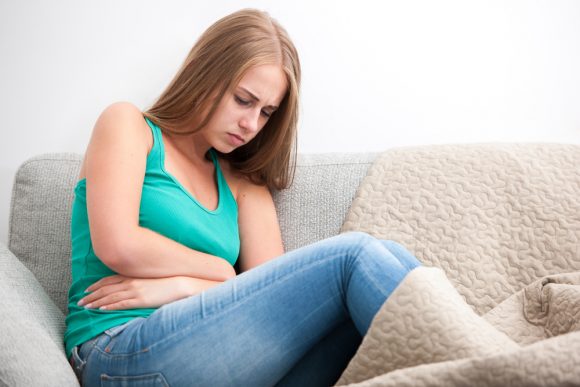Endometriosis is a chronic condition that affects an estimated 10 million women in the United States. It is caused by the endometrium, the tissue that lines the uterus, growing outside the uterus. Diet changes may help ease the symptoms of endometriosis and reduce the risk of complications. You can also click on https://endometriosisassn.org/about-endometriosis/endometriosisnutrition if you want to know more information about endometriosis.

Eating a balanced diet with plenty of fruits, vegetables, and lean proteins is essential for those with endometriosis. Foods that are high in fiber, such as whole grains, beans, and legumes, can help with digestion and reduce bloating. Omega-3 fatty acids, found in fish, nuts, and seeds, may reduce inflammation and reduce the severity of endometriosis symptoms.
It is also important to limit caffeine and alcohol, as these can worsen endometriosis symptoms. Eating smaller, more frequent meals can also help manage symptoms. Eating a variety of healthy foods can help provide the body with the nutrients it needs to manage endometriosis.
Exercise can be beneficial for those with endometriosis. It can help reduce pain and improve overall health. Regular exercise can also reduce stress and anxiety, which can worsen endometriosis symptoms.
Low-impact exercises, such as walking, swimming, and yoga, are the best types of exercise for those with endometriosis. High-impact activities, such as running and jumping, can be too hard on the body and can make endometriosis symptoms worse.
